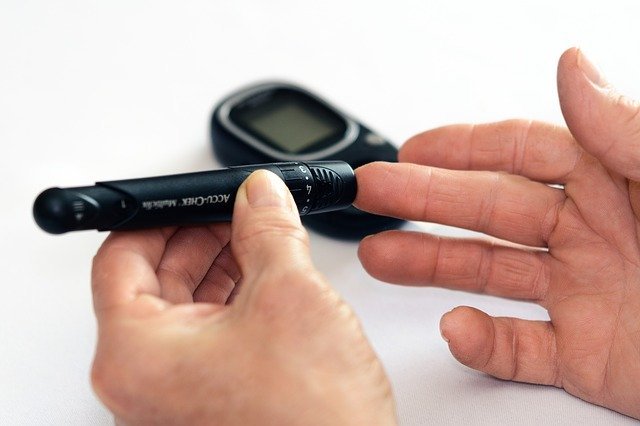
In a new study, researchers have developed a non-fibrillating form of human insulin.
The team successfully synthesized an insulin analogue called glycoinsulin that demonstrates the same glucose-lowering effects as native insulin in preclinical studies without fibril formation.
The discovery could improve the clinical delivery of insulin for people living with diabetes.
The research was led by the Florey Institute of Neuroscience and Mental Health.
Over 25,000 people in Australia and 350,000 people in the United States use insulin pumps as part of their diabetes management.
In what can cause significant patient burden and medicine wastage, insulin pump infusion sets are required to be replaced every 24 hours to 72 hours to mitigate the occurrence of fibrils.
In the USA alone, more than US$1 billion could be saved per year if the usage period for insulin increased from two to six days.
Fibrils can arise when insulin compounds aggregate together forming clumps.
For people with diabetes who rely on pump infusions to administer insulin, fibrils pose a serious risk in blocking the delivery of insulin which can potentially lead to life-threatening under-dosing.
Critical to the success of the study was the engineering of an insulin-sugar complex from egg yolks using a method jointly developed by the team.
They say that the discovery of glycoinsulin presents a promising solution for patients.
Glycoinsulin is an excellent candidate for use in insulin pumps and a way to improve the shelf life of insulin products.
The research findings saying they had the potential to make life easier for people living with diabetes who use insulin pumps.
The lead author of the study is Associate Professor Akhter Hossain.
The study is published in the Journal of the American Chemical Society.
Copyright © 2019 Knowridge Science Report. All rights reserved.


